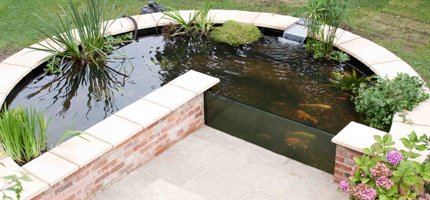GRP Flat Roofing Advantages
GRP Flat Roofing
You can Order GRP and Fibreglass Flat Roofing Supplies Online Today!
GRP or Fibreglass roofing is one of the best, reliable ways to weatherproof flat, pitched or barrel-vaulted roofs.
Its low-maintenance and quality materials make it one of the most cost-effective roofing methods available.
What does a GRP flat roof involve?
Materials required to fibreglass a flat roof include;





